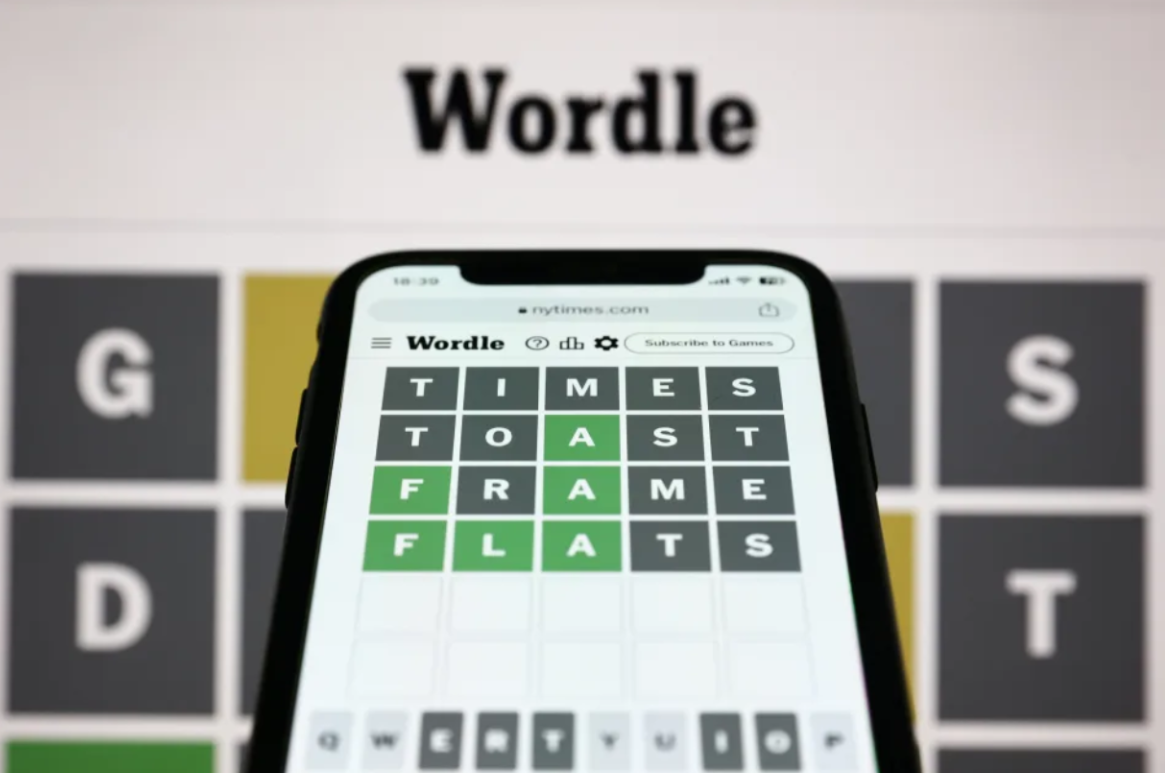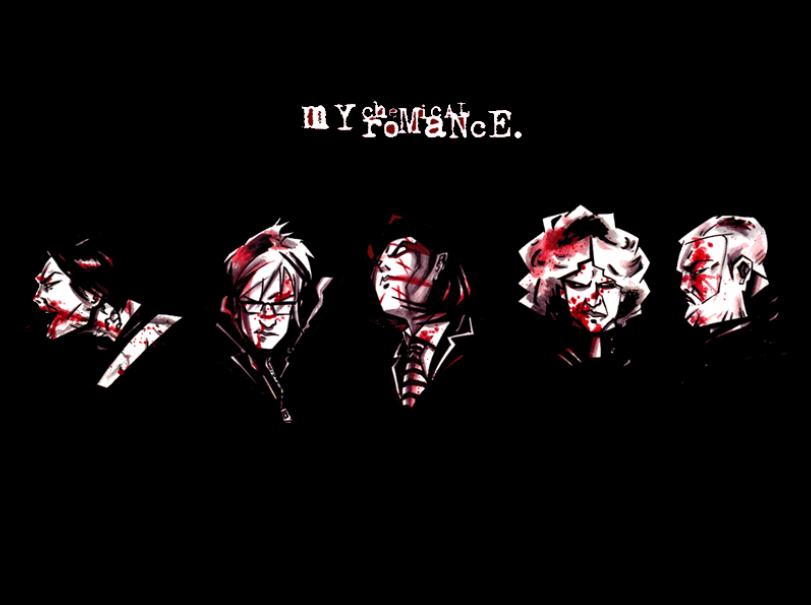In the last four years, Wordle and its descendents have taken root among our generation. It has become a part of many of our daily lives, making a habit to do the Wordle and other NYT Games, with a select few others. The quick, clean format of these word and trivia games make them accessible to all, while also having a way to strategize and be creative.
After its purchase by the New York Times, the game has been added to a lineup of other games along with their flagship daily crosswords and sudoku. After the introduction of Wordle, other games like Connections, Strands, and Spelling Bee were added, expanding the daily rotation of their users.
The games have especially been popular among students, with a common sight for teachers being students distracted doing their daily rotation in class. This is in part due to the fact that the games are unblocked by school filters, often being on niche sites or connected to a more reputable site (like the New York Times).
The rise of these games, though teachers may be annoyed by them, is arguably a nice departure from the flash games and emulators of the past. At least they’re educational, and could actually teach someone something. For example, I enjoy dailies like Globle and Worldle, which can teach you a bit about geography, something critically lacking in the US.
While these games may seem trivial (pun intended), they’re making an entire new community with people sharing their daily scores, streaks, and sharing in the struggle of figuring out each day’s new puzzle.

























